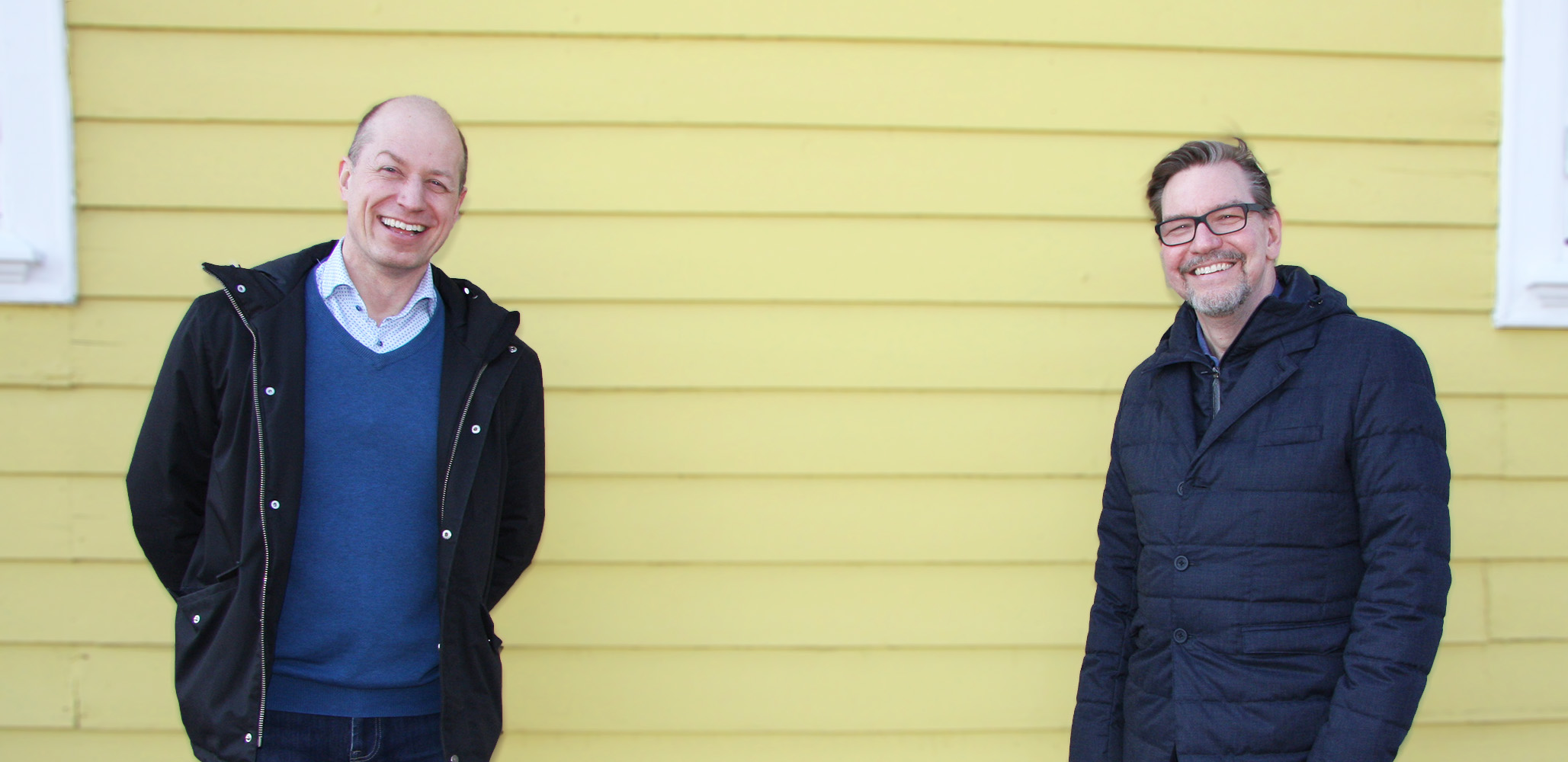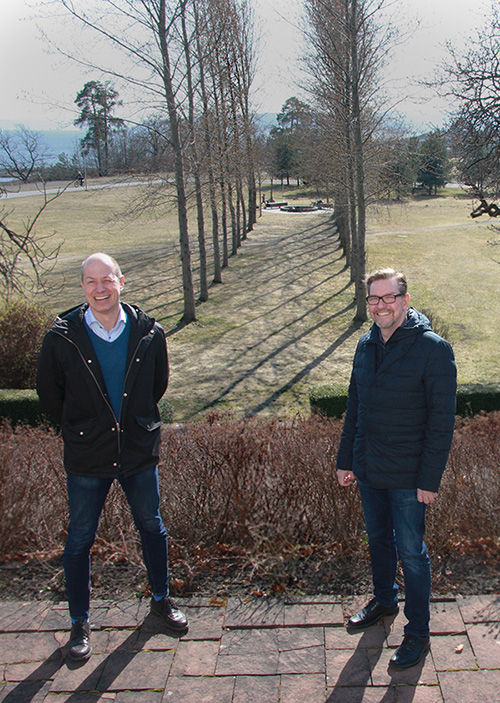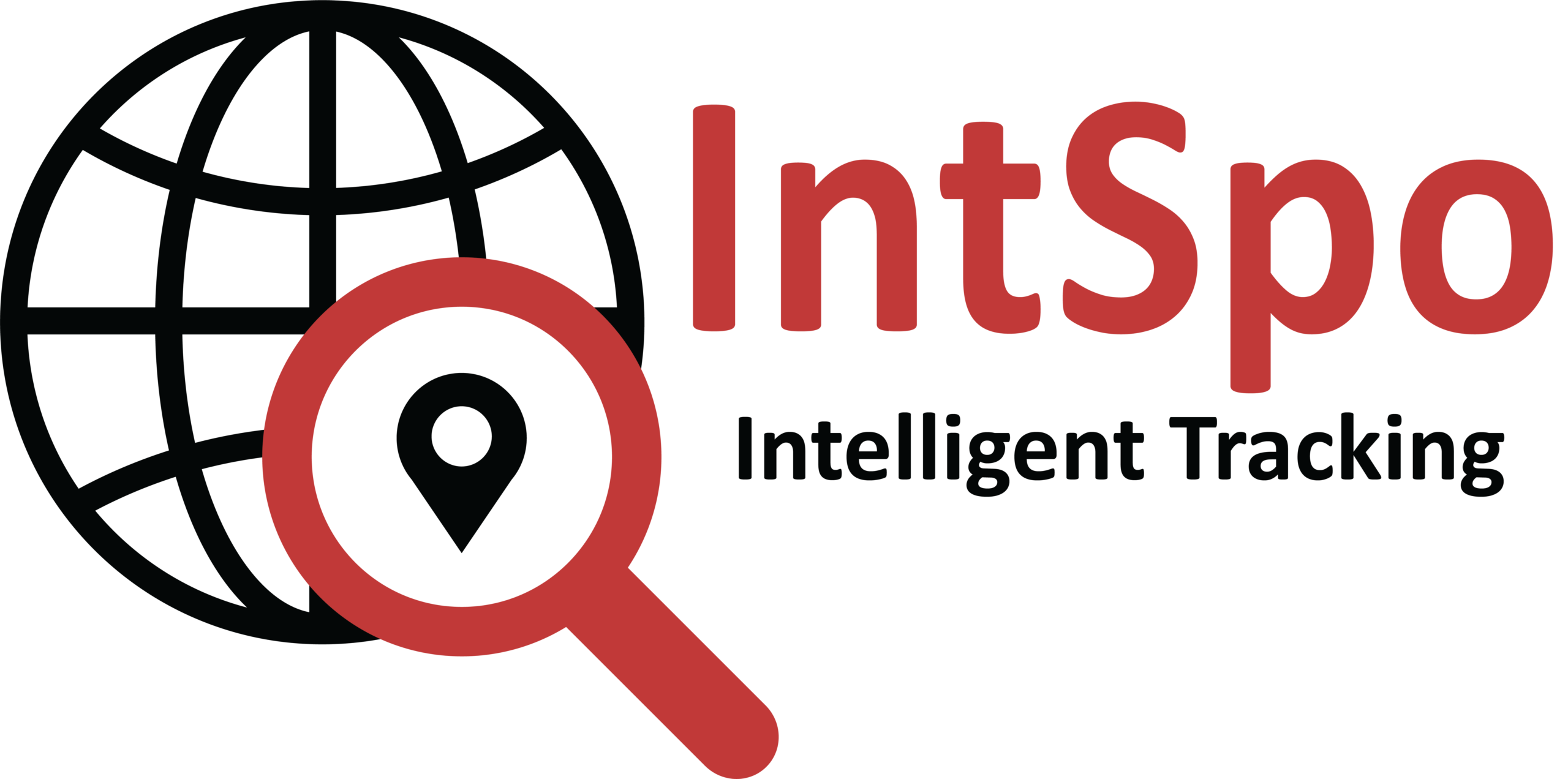
Patrick Waldemar on the 5G and IoT of the future
As an IoT partner with Telenor, we had the opportunity to ask questions and get answers directly from Telenor's head of research. Read the answers here.
An increasing number of Norwegian companies are starting to use IoT solutions based on IoT on 4G, to connect physical assets to the internet. At the same time, 5G is constantly being developed in more and more countries, and Telenor is the first to launch a commercial in Norway.
Hans Erik Karsten, general manager of IntSpo, has sat down with Patrick Waldemar, Head of Next Generation Technology at Telenor Research to talk about 5G and IoT.
What is network slicing in 5G and why is it important for IoT?

Patrick (Telenor): Network slicing is something completely new in the context of mobile networks and means that we divide the mobile network into different separate logical layers. When people or companies use the IoT-connected cars or objects of the future, we must ensure that these have a safe and stable connection to the Internet, even if the rest of the Internet should be overloaded.
Here are examples of the three most common layers in 5G:
- One team for even higher speeds for most people on mobile and internet
- One team for many IoT gadgets with little data traffic
- And one last layer for low delay and high reliability (eg car-to-car communication)
What opportunities can 5G provide to companies that use IoT solutions?
Hans Erik (IntSpo): We and our customers are concerned with intelligent tracking where we use IoT to connect information about an object's location with information from different sensors. Customers have different needs, both in the private and public sector. Can you say something about the future opportunities 5G provides?
Patrick (Telenor): 5G facilitates that we can get an even larger number of IoT gadgets in one and the same area than we can today, while these gadgets can be mobile with support from mobile technology. With 5G, the solutions will to a greater extent be able to become more sector-specific, where, for example, hospitals can be a sector. This is just one of many new opportunities that support our goal that 5G will offer industrially adapted solutions. This means that it is possible with logical networks that are better adapted to the need, for example very high reliability. 5G opens up for innovation and exciting opportunities where a closer collaboration between different actors and partners provides a more industrial approach.
How about tracking things with IoT?
Hans Erik (IntSpo): How will 5G affect the ability to track things?
Patrick (Telenor): Initially, 5G continues the opportunities that exist in 4G, but research is underway to develop better location services in mobile networks. So here the tracking solutions could be better.
What opportunities does 5G offer for the B2B market?
Hans Erik (IntSpo): How do you think 5G will affect the B2B market in terms of solutions, business models, innovation or other areas?
Patrick (Telenor): 5G not only targets the needs of the consumer market, but places even more emphasis than before on meeting the needs of the industry. A lot of work is being done to look at how 5G can be tailored to different industries and verticals. Today's activities with the operators on 4G will also be drawn further into 5G.
Do we need to replace current technology on IoT solutions and tracking chips?
Hans Erik (IntSpo): What is being built by mobile networks today (IoT on 4G), how will it fit in with 5G when it is rolled out? Does the IoT industry need to replace what we have with today's technology?
Patrick (Telenor): In the work with international standardization in mobile technologies, what is called 3GPP, it is an important prerequisite for everyone that we can have a long life for the technologies in which it is invested. See for example 2G which was developed in the 90s, this technology lives in best prosperity in many countries still. However, concrete plans have now been made for phasing out 2G. The answer to the question is then that 4G will live a long time ahead and within IoT, the 4G solutions will in future be compatible with 5G.
What is the EU project about the "factory of the future" that involves a number of large Norwegian companies?
Hans Erik (IntSpo): Many people talk about 5G having a major impact on the industry, the so-called "Industrial IoT (IIoT)". Telenor is leading the work in the EU project «5G-VINNI», and is part of the EU project 5G-SOLUTIONS, which among other things looks at the factory of the future. What opportunities are you looking at? What significance can this have and how can this affect the factories' way of producing goods? What kind of social consequences can we have?
Patrick (Telenor): Telenor coordinates EU project «5G-VINNI» (www.5g-vinni.eu) and is part of the EU project 5G-SOLUTIONS. 5G-VINNI is one of three European platform projects that will test the performance of 5G and validate various industry verticals and 5G-SOLUTIONS (https://www.5gsolutionsproject.eu/) looks in this connection, among other things, at the factory of the future. We create a non-commercial test infrastructure where we and other companies will be able to test performance KPIs in 5G. We work with a spectrum of industrial verticals to verify that the platform can deliver what the different companies need. It will be exciting to follow this work in the future. Feel free to follow "5G-Vinni" on Twitter, Linkedin and Youtube.
Hans Erik (IntSpo): I would like to thank you so much for the chat and wish you good luck in your work with 5G, Patrick! To our readers, Feel free to send me questions about IoT and what opportunities IoT can provide Norwegian companies.
Read more
- Norwegian Hospitals: real-time tracking of beds and equipment with IoT (journal HMT)
- Logistics and Supply Chain: Tracking technology with IoT is mature, are you? (Journal of Logistics and Management)
- Norway Post: real-time tracking of mail trolleys with Norwegian-built IoT sensors provided coverage with NB-IoT where 4G and GPS are missing (Computerworld)
About IntSpo
IntSpo is a Norwegian technology company that digitizes physical assets with IoT (internet of things). We provide IoT solutions with advanced tracking and sensor technologies which provides optimized management and operation of physical assets. With insight into available and future technology IntSpo can deliver effective solutions designed for each customer's needs.
- Contact us to receive a non-binding mapping of the opportunities IoT can provide your business
- Visit our website http://www.intspo.no/en/
- Follow us on Linkedin and Facebook

